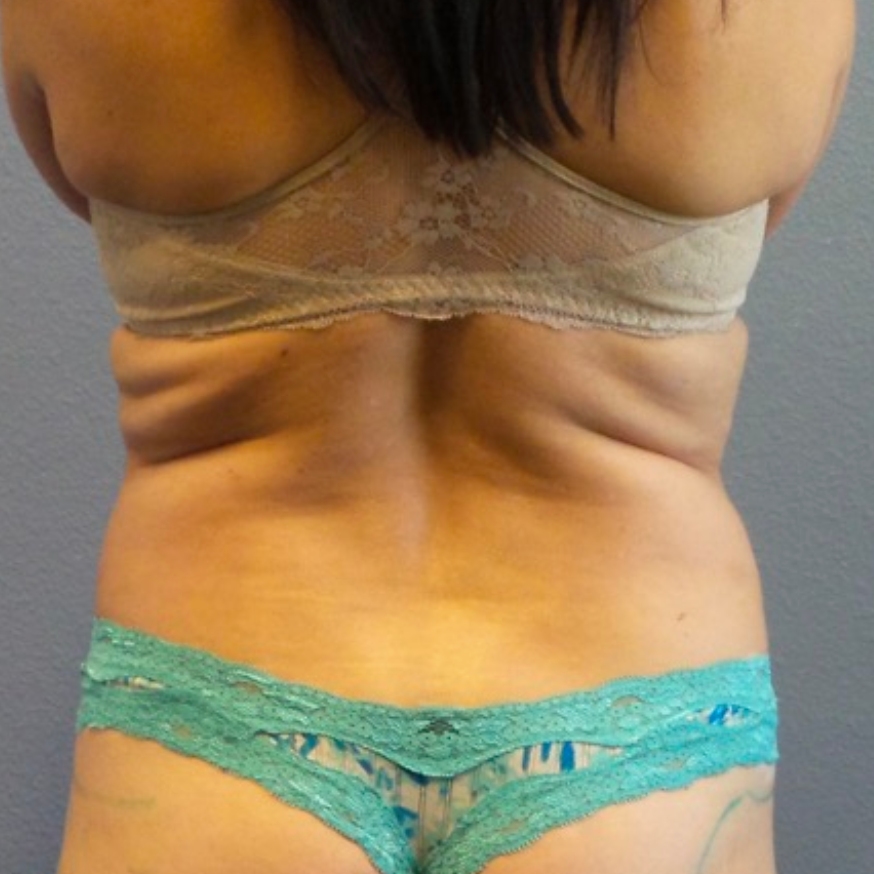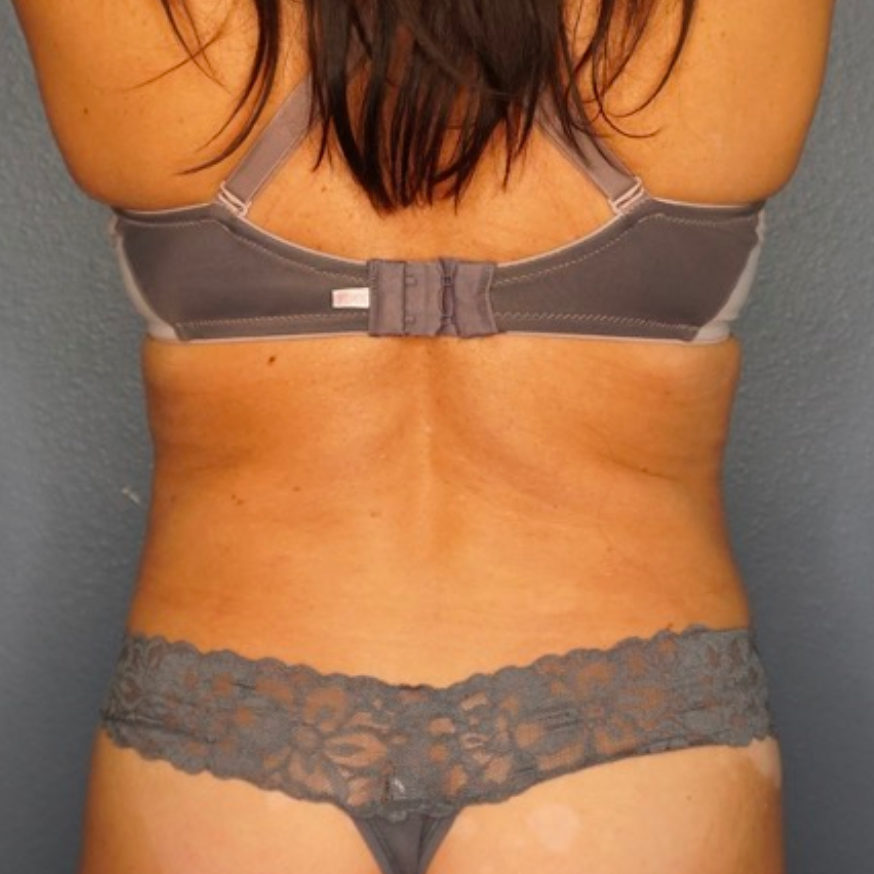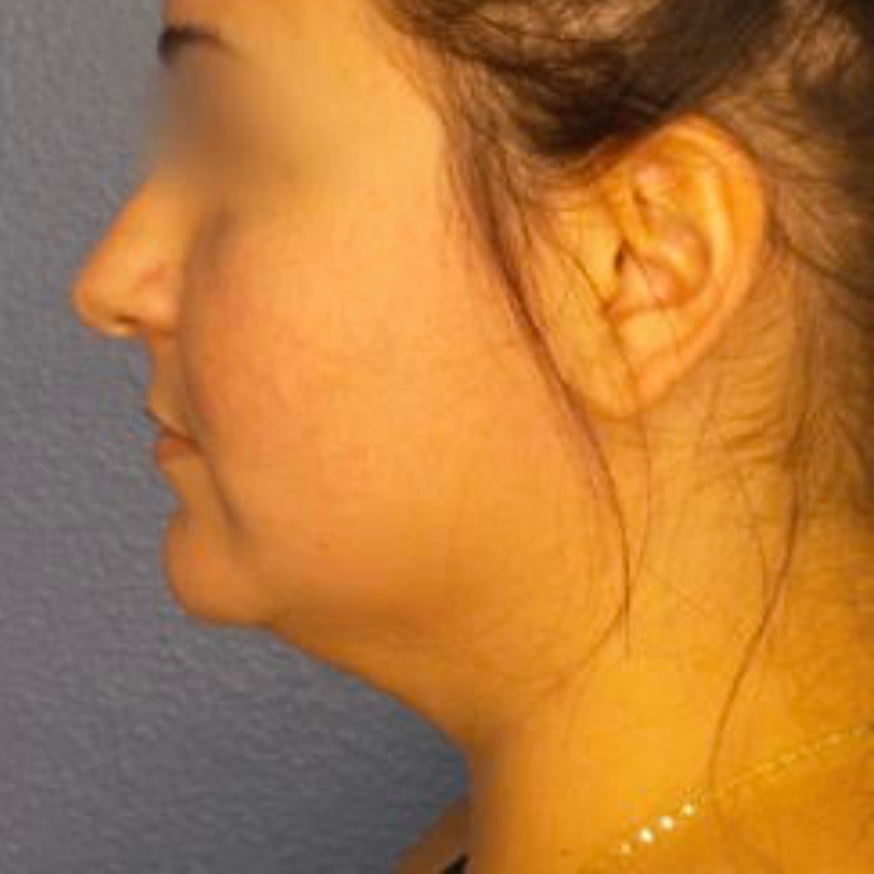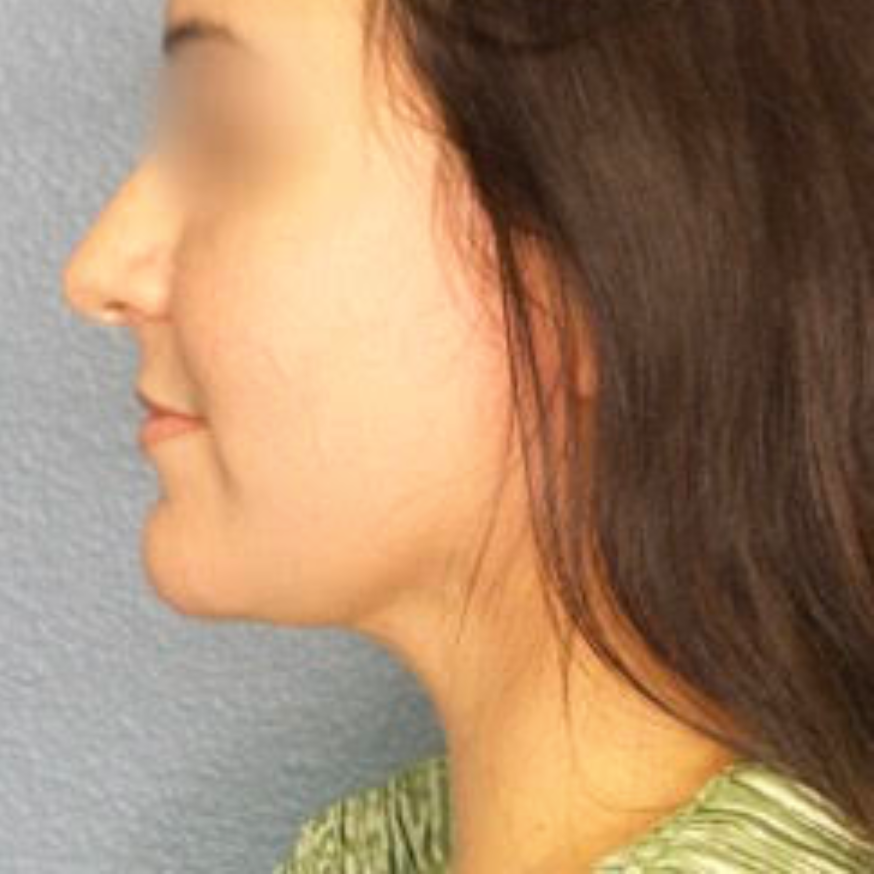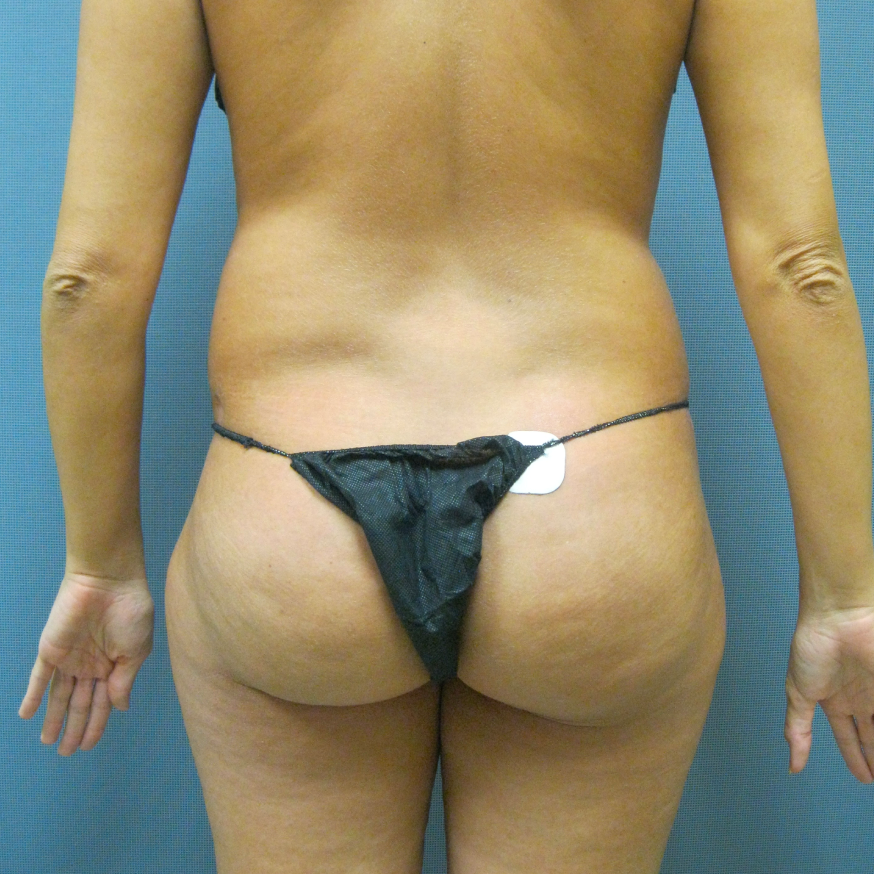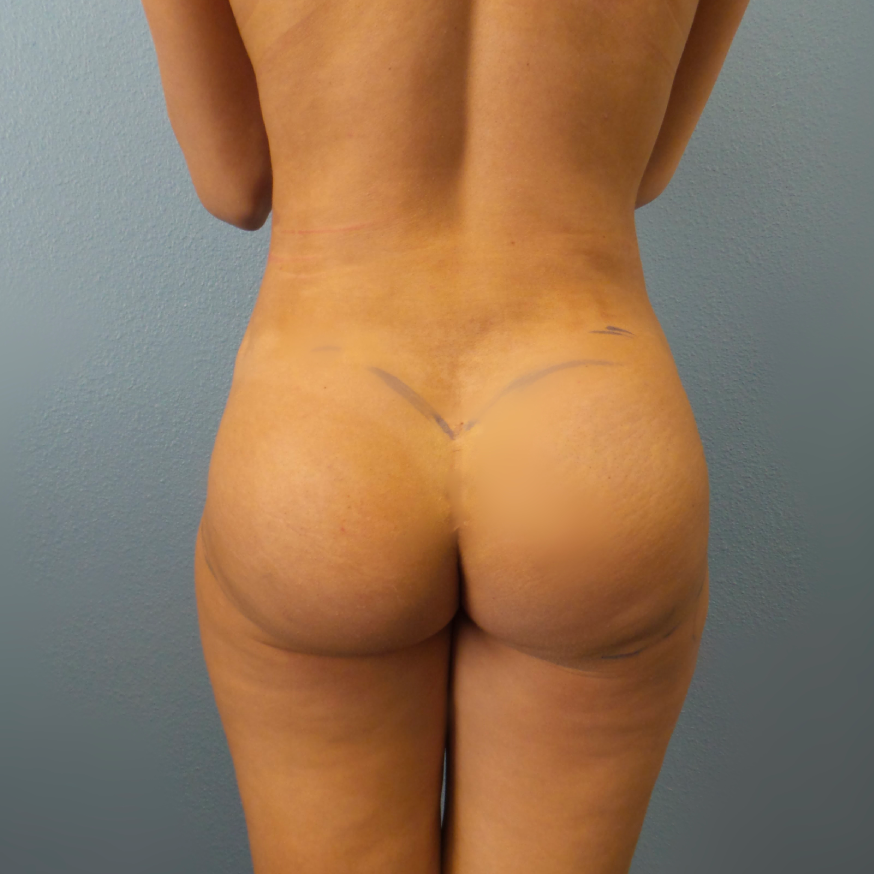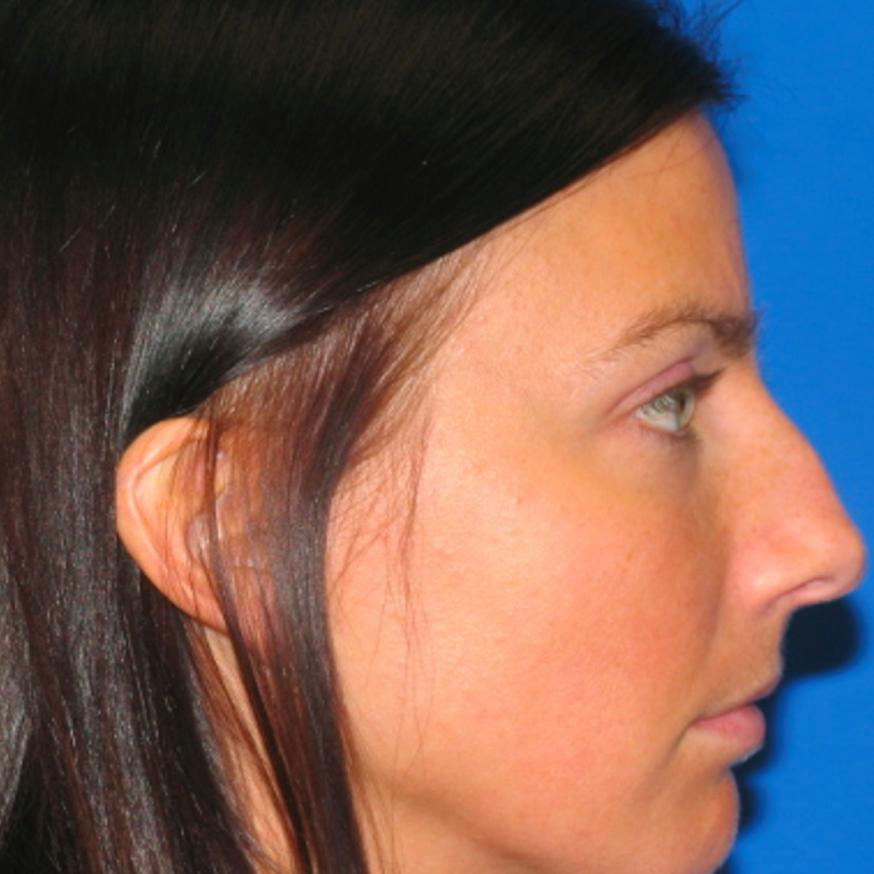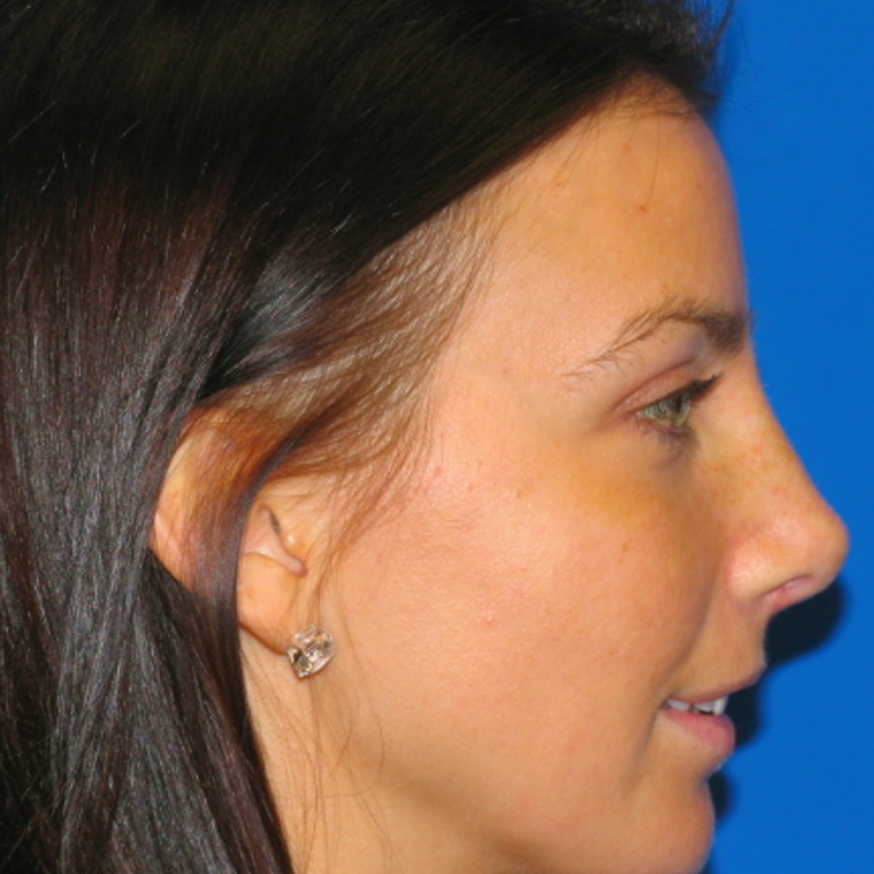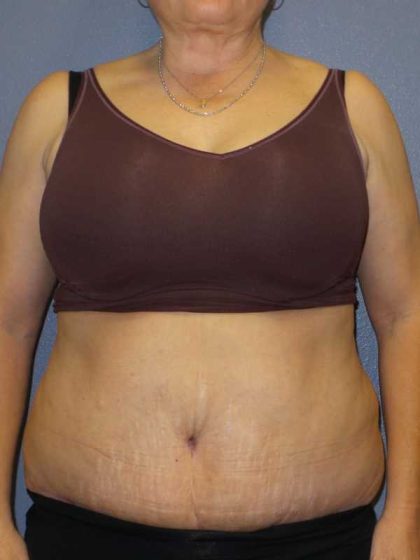Revision Surgery
Conveniently located to serve the areas of Tampa and Lakeland, FL

Before and After Photos
FAQ
Surgeon Training & Surgery Redos related ?
Introduction
The quest for perfect results in cosmetic surgery often overlooks a critical aspect: Cosmetic surgery revisions. Intriguing research indicates that surgeries involving residents, or surgeons in training, can significantly increase the likelihood of needing redo surgeries. This article dives into the statistics and explores the implications for patients and the field of cosmetic surgery.
Delving into the Data
A striking difference in redo rates emerges from recent studies: surgeries performed with the involvement of resident surgeons have a 22.2% redo rate, compared to just 3.6% for those conducted by experienced surgeons alone. This disparity highlights a pivotal aspect of surgical training’s impact on patient outcomes, emphasizing the need for a balanced approach to medical education and patient care.
The Broader Implications
The highlighted statistics underscore the essential role of practical training for resident surgeons. This learning curve, mirrored in the increased redo rates, is a cornerstone of developing proficient surgeons for the future. However, it also brings to the forefront the necessity for patient awareness regarding the potential implications of undergoing surgery in a teaching hospital setting.
Patient Considerations
For individuals contemplating cosmetic surgery, being well-informed about these aspects becomes crucial. Understanding the increased likelihood of redo surgeries when procedures involve resident surgeons enables patients to make decisions that align with their expectations and comfort levels. Despite the statistical likelihood of needing a redo, many patients find value in contributing to the educational journey of future surgeons, seeing it as an investment in the advancement of medical practice.
In Conclusion
The involvement of surgeons in training within cosmetic surgery procedures distinctly influences the rate of redo surgeries. While this information may initially seem daunting, it serves as an important reminder of the intricate relationship between ongoing medical education and patient outcomes. Armed with this knowledge, patients can navigate their surgical options more confidently, making choices that reflect their values and understanding of the broader impact on the medical community.
https://journals.lww.com/prsgo/fulltext/2024/03000/revision_rates_in_cosmetic_plastic_surgery_with.27.aspx



